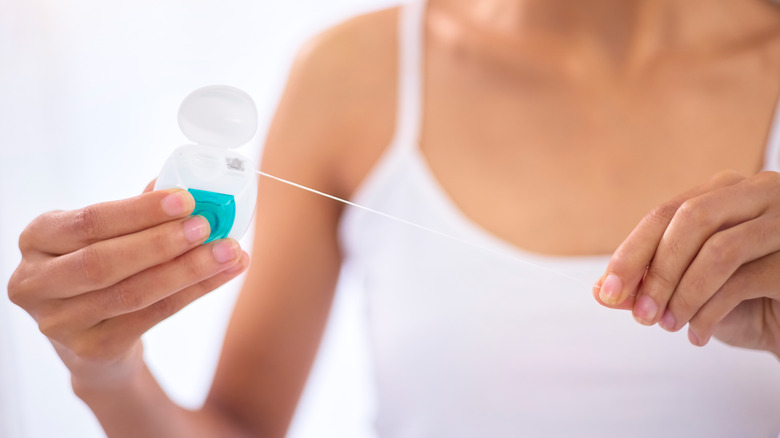Planning
Laura Jones
Travel is all about exploring new horizons, tasting unfamiliar cuisines, and breaking free from your everyday routine. However, there’s a practical side to globetrotting that isn’t quite as glamorous: managing your money. From currency conversion fees to pickpockets, financial woes can put a damper on your dream vacation.
Worrying about losing your cash to thieves isn’t necessarily misplaced: Travelers to Europe, especially, are warned to be careful with their belongings. In 2023, Italy topped the unfortunate ranking as the European capital of pickpocketing, closely followed by France and the Netherlands, according to a survey by Quotezone.
However, even in our increasingly cashless society, carrying some local cash is a wise move while traveling. It can cover minor expenses like tips or fares in places where card usage isn’t prevalent, and serve as an emergency backup if your cards are lost, stolen, or just uncooperative. But safeguarding that cash is crucial. So what can you do? Enter the humble floss container. A floss container is compact, familiar, and — this is key — largely ignored. Who would guess that you’re hiding your extra cash in there?
Floss away your worries

Alexanderford/Getty Images
Here’s how you do it: Once the floss runs out, clean the container thoroughly. Roll up your cash and slip it inside. Voila! It’s that simple. This hack works whether you want to keep your cash in your hotel room or your bag — pickpockets aren’t necessarily choosey, but they are likely to brush past a small floss container if they see it in your bag.
You won’t be able to fit a lot of cash inside this bathroom staple, but it’s never a good idea to keep all of your cash in one place anyway. If you’ve got more cash to protect, spread it around in some other unlikely containers. An opaque pill bottle is a good option, especially because the lids are often a bit tricky to get off. A tampon applicator or sanitary pad are more places that thieves are unlikely to look for cash. Toiletry bottles that you’ve washed out are also great for storing a little extra cash. Or stuff a few bills into a travel-sized sunscreen or shampoo bottle, but don’t leave this lying around in your hotel — housekeeping may mistake it for trash.
More ingenious ways to stash your cash

Xavierarnau/Getty Images
There are so many options for those looking to keep their money safe while on vacation. If you want to spend some money to safeguard your money, look into anti-theft products, which include bags, scarves and socks with pockets, and even water bottles with a secret compartment.
If you’d rather go the DIY route, here are some tips. In your hotel room, you can put some cash inside socks, shoes, or your toiletry bag. These items don’t tend to attract much attention. Outside, socks and shoes are also good places to put a bit of spare cash, as are bras. You can also slip a couple of notes between your cellphone and the case (though, obviously, cellphones are also a pickpocket’s delight), and some travelers advocate using a dummy wallet with just a few small bills inside, while the rest of your cash lurks safely around your person.

